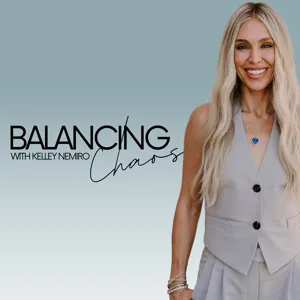Hello everyone and welcome back to Let's Talk Health with Mairi! Today's podcast is coming to you from Tiree. We have been here a week now! How has your week been?
Today's topic: artificial sweeteners and cancer risk.
In this episode:
What are artificial sweeteners?
What is the hype and why are they used as an alternative to sugar?
What the research suggests about cancer and sweetener consumption - is there a link?
Does artificial sweeteners cause cancer?
Should we be consuming artificial sweeteners or sugar?
Get in touch with me:
Email: gardnermairi12345@gmail.com
Instagram: https://www.instagram.com/mairi_gardner/
Tiktok: mairigardner57
Blog: aaahealths.com
Prefer to read instead of listen to this topic? Check out this blog post:
http://aaahealths.com/2022/07/20/is-there-a-link-between-cancer-and-sweetener-consumption/
References
Gallus, S., Scotti, L., Negri, E., Talamini, R., Franceschi, S., Montella, M., Giacosa, A., Dal Maso, L. and La Vecchia, C., 2007. Artificial sweeteners and cancer risk in a network of case–control studies. Annals of Oncology, 18(1), pp.40-44.
Andreatta, M.M., Muñoz, S.E., Lantieri, M.J., Eynard, A.R. and Navarro, A., 2008. Artificial sweetener consumption and urinary tract tumors in Cordoba, Argentina. Preventive medicine, 47(1), pp.136-139.
Schernhammer, E.S., Bertrand, K.A., Birmann, B.M., Sampson, L., Willett, W.C. and Feskanich, D., 2012. Consumption of artificial sweetener–and sugar-containing soda and risk of lymphoma and leukemia in men and women. The American journal of clinical nutrition, 96(6), pp.1419-1428.
Bassett, J.K., Milne, R.L., English, D.R., Giles, G.G. and Hodge, A.M., 2020. Consumption of sugar‐sweetened and artificially sweetened soft drinks and risk of cancers not related to obesity. International Journal of Cancer, 146(12), pp.3329-3334.

















